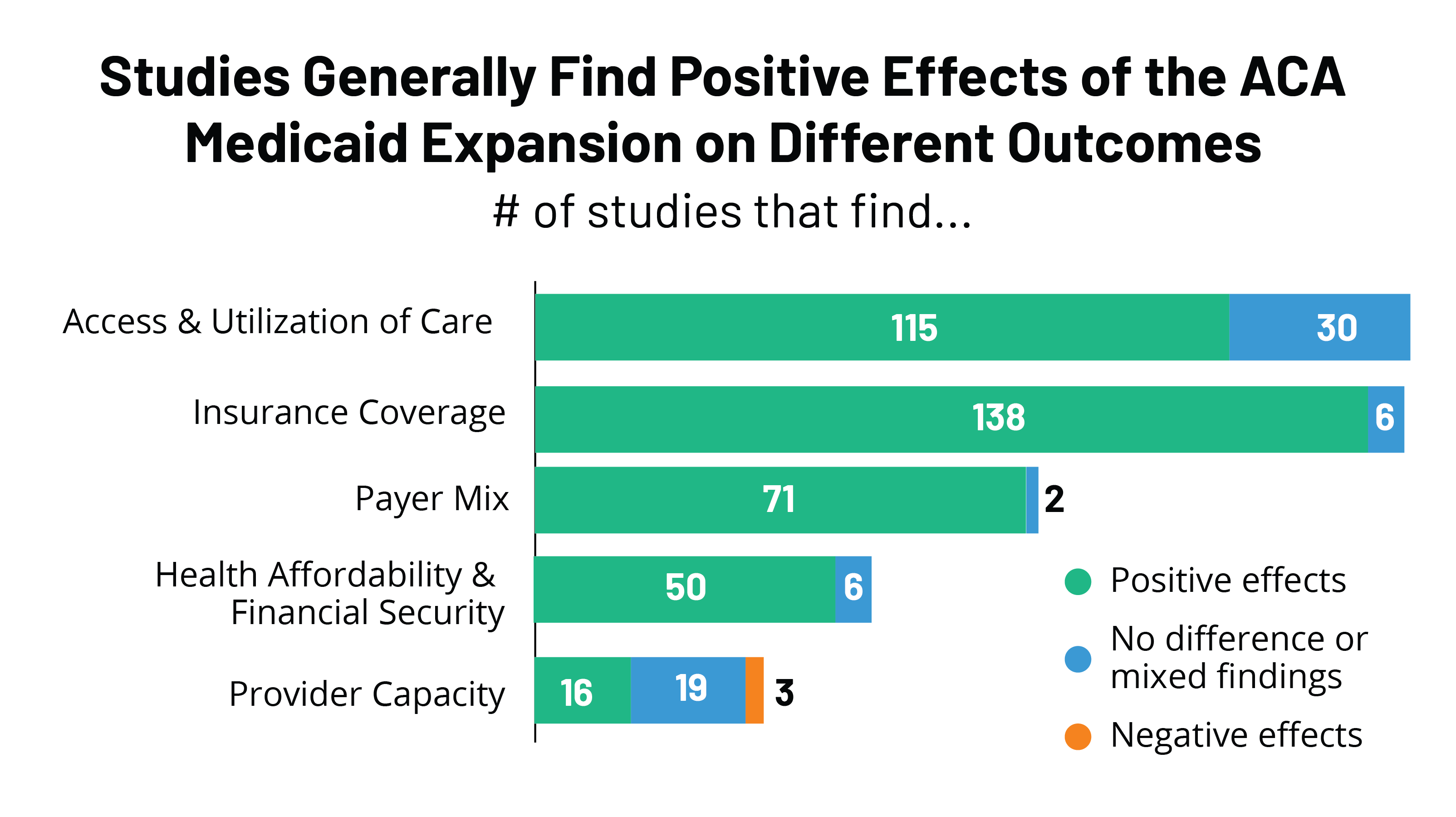If you're battling with everyday jobs or recuperating from an illness, injury or surgery, ask your healthcare provider if home health or house care is an option for you. To get more information, call a care center near you.
House healthcare regularly described simply as "home health" is skilled care provided directly to a patient's home. This type of care is supplied by licensed medical professionals including nurses, therapists, and assistants for the function of treating or handling an,, or. House health care services can be delivered to the client's residence (which might be a personal home or adult foster home), an assisted living or long-term nursing center, or a memory or domestic care facility.
No, (i. e. home health) is significantly various than. While the two services sound similar (both take location at a patient's home or home), home health is administered by certified doctor. Further, the type of care included by house health care covers a myriad of ailments and diseases, consisting of physical treatment, post-operative care, and treatment of Alzheimer's, dementia, and persistent health conditions.
g. walking canes, walkers, crutches, or wheelchairs). In many cases, patients are still thought about homebound even if they leave the house as required for medical treatments that can not be supplied at home. Short and occasional non-medical lacks may likewise be allowed, such as going to church, the beauty shop, or special household occasions.
By providing care straight to the client, costly healthcare facility bills can be prevented. Relative are encouraged to be active participants in the planning procedure to help set and meet goals, working with house healthcare experts for the advantage of the client. Extra advantages of home healthcare for elders include: Faster recuperation and recovery from health problem or injury Enhanced self-reliance (with time) Maintaining or enhancing of existing condition or level of function Regaining of self-sufficiency in the house Slowing of the decline of serious conditions Much better symptom management Care is provided directly to the client's residence (either a home or center) Medical services are provided by proficient experts Home healthcare personnel follow the physician-prescribed plan Clients gain back independence and self-sufficiency at home Care is normally more economical than hospitalization or a long-term retirement home House care services like cooking and cleaning may not be consisted of Patients must meet the "homebound" requirements to receive Medicare May not Hop over Addiction Treatment Facility to this website be sufficient for patients who require 24-hour monitoring Can be expensive if not covered by insurance coverage or Medicare Number of home health care suppliers might be restricted depending upon area The primary step toward receiving home healthcare is to acquire a doctor's orders and work with a home health care business to develop a comprehensive care plan.
Family members and other caregivers are encouraged to take part in this planning procedure to guarantee constant and detailed care. When services begin, home health care personnel will implement the plan following all physician orders and keep the doctor upgraded about the client's development. The frequency and type of home health visits will vary depending upon the patient's needs.
The Greatest Guide To How Did The Patient Protection And Affordable Care Act Increase Access To Health Insurance?
All services are customized to the patient's needs. Home health care is developed to assist the patient rest, recover, and get treatment in the comfort of their own house or home. Provider offered by house health care are used with the goal of assisting the client gain back self-reliance to end up being as self-dependent as possible while likewise managing their disease or condition.

House health care professionals keep a log for each visit and offer updates on the patient's condition to the medical professional as needed. This assists to guarantee connection of care. Home healthcare includes clinically necessary, skilled services prescribed by a physician for the treatment of an illness, injury, or medical condition.
Examples include examining essential signs, evaluating pain, keeping track of food consumption, handling medications, assisting with standard hygiene, and guaranteeing safety in the home. House health care only provides clinically necessary services experienced services recommended or advised by a medical doctor. It does not provide unskilled services or day-to-day requirements such as cooking, cleaning, bathing, and transport.
Some home health care services offer individual home care help at an extra cost, which might or might not be covered by insurance coverage or Medicare. A medical home call is a medical visit performed by a doctor in the patient's location of house. These visits are typically administered to homebound adults who otherwise have limited or no access to routine medical care.
House call physicians may be utilized by an agency, or they may have their own practice. The primary benefit of doctor house calls is that clients receive, from, in the and of their own house or home. Fringe benefits of physician house calls consist of the following: It ensures regular healthcare to patients who have few or no other choices (e.
homebound grownups, people who reside in rural locations) It helps keep track of and treat both avoidable and chronic conditions to keep clients out of ERs and healthcare facilities It motivates clients to keep up with routine medical check outs by bringing the doctor directly to the client's home It saves the client money and time traveling to the medical professional's workplace Though there are many benefits related to medical home calls, there are likewise some obstacles, particularly that house calls are not ideal for emergency situation medical issues, and accessibility of physicians and scheduling choices may be limited in some locations (what is the affordable health care act).
What Is Health Care Fsa Fundamentals Explained
Gos to are typically set up on weekdays, though the doctor may be available by phone on weekends or after hours. House call clients can be seen in their own home or in an adult foster home, helped living or domestic care facility, memory care center, or long-lasting assisted living home. When it comes to administering house health care, there are two kinds of knowledgeable experts who deliver care nurses and physiotherapists (what is universal health care).
Home care nurses usually work with senior clients but may also supply services for kids with mental or developmental concerns, along with patients with impairments. A home health nurse offers competent services in keeping with a doctor's plan of care for a home healthcare patient. These services may include the following: Taking the client's vitals Administering pain medication Finishing medical treatments Recording symptoms in a journal In addition to these simple jobs, a house health nurse assists facilitate interaction in between the patient's doctor and caregivers.
The main function of a house health nurse is to follow the doctor's plan of care, administering medically necessary services to treat, avoid, or handle the patient's condition. On each visit, the home health nurse will take the client's vitals, track signs and other information of the client's condition, and administer any needed medications or treatments.

A home health assistant is a specialist who provides support to patients with unique requirements, including those who are disabled, chronically ill, or cognitively impaired. They Drug Rehab Center might also offer services for senior citizens who require support in the home. A home health assistant may supply services including checking vital indications, assisting with personal hygiene, administering medication, and employing other elements of a physician-prescribed strategy of care.